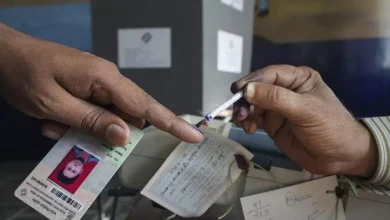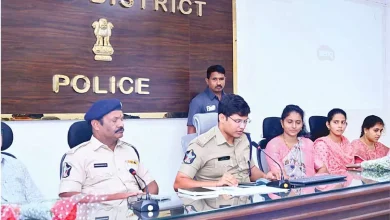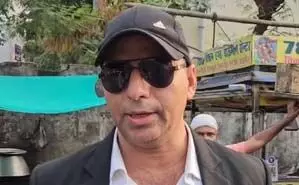Orphanage goes beyond shelter, helps girls find footing and forever homes
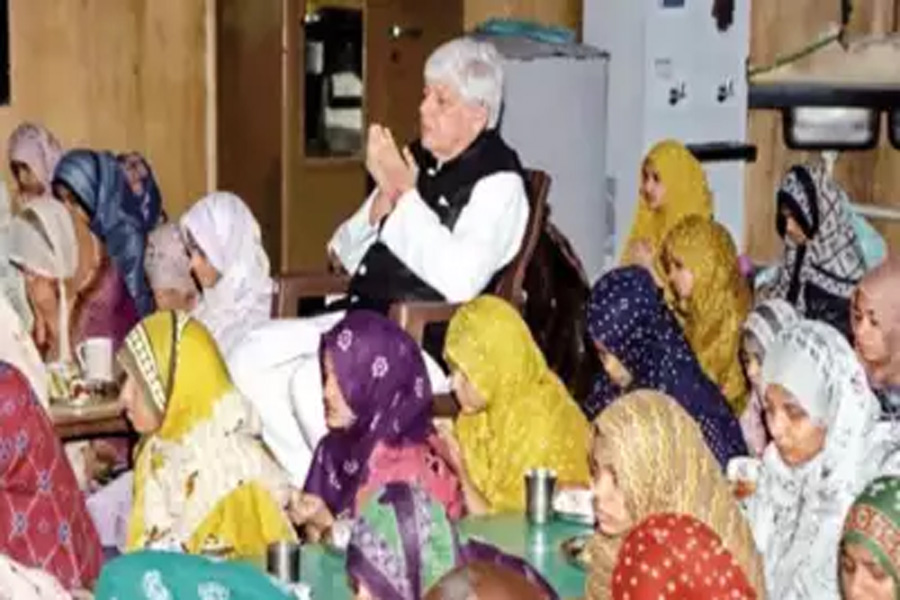
Inaya Sadik Khan was nine when her truck driver father died. Initially studying at a BMC school, she graduated in Commerce, mastered in Management Studies and now is an assistant vice-president with an MNC. She lives with her highly paid chef husband and 11-year-old son at an apartment in tony Cuffe Parade.
If you think the orphaned girl’s journey from a tiny tenement to the upscale Cuffe Parade apartment was smooth, think again.
Much before Khan scaled heights in the corporate world, it was Anjuman-I-Islam’s AD Bawla Female Orphanage, founded in the 1960s, at Versova, Andheri (West) which sheltered her. It is here that she shook off the “inferiority complex” that often shackles orphans, making them timid and introverted.
But it is this orphanage, which nurtured her, helped her cross hurdles and confront challenges. “This orphanage sheltered me and taught me to walk with my head held high. It trained me in life skills,” she explained.
After her father’s sudden death, Khan’s devastated mother began giving Quran tuition to neighbourhood children as this is the only work, she knew. Raising four children was beyond her capacity and she put Inaya into the orphanage.
This orphanage is different. How? Apart from sheltering the girls, it also tries to find suitable matches for them once they turn 18 and leave-the Child Welfare Committee rule says that shelter homes cannot keep children after they become major.
“We have gone a step ahead of PM Narendra Modi’s popular slogan ‘Beti Bachao, Beti Padhao’. We have added ‘Beti Basao’ (get daughters settled) to the slogan,” explained senior radiologist and Anjuman’s President Dr Zahir Kazi. “Being orphans (having lost one parent or both), these girls are vulnerable and may get exploited. We help find suitable boys for them.”
Khan was lucky that she did not have to wait long before a good marriage proposal came her way.
Sadik Khan, then a chef at a five-star hotel in South Mumbai, would often visit the orphanage to donate money. Since his first wife had died of cancer, he would remain depressed. Then one day the superintendent told him about Inaya. Initially, he was reluctant, but after sometime agreed to speak to Inaya over phone. He took an instant liking and so did his mother before they married.
“I was rejected a couple of times by some suitors’ families once they found out that I grew up in an orphanage. This mindset must change,” said Khan, whose in-laws, she says, “treats me like their daughter.”
The wedding of orphaned girl Naeema with Abdul Shaikh, a postal service employee, became a talk of the town in 2018. Naeema’s mother after separating from her father, abandoned her and her sister Rubina on a local train. The cops took the two minor sisters to a children’s home before they were transferred to the orphanage.
Shaikh, also an orphan, had grown up at shelter homes in Pune and Ulhasnagar. Then he joined Bedekar College in Thane for a Bachelor in Arts. Its principal Suchitra Naik adopted Shaikh and he began living with them as their son.
“My parents (the Naiks) never asked me to change my religion and they came all the way from Kalyan to bless me on my wedding with Naeema at Versova,” said Shaikh whose search for a suitable girl ended at the Versova orphanage.
But why did he insist on marrying an orphan? “Since I’m an orphan, I wanted a wife who knows what it means to be an orphan, and who could love me. Orphans do not crave anything more than love,” he said. The couple have an eighteen-month-old son.
That apart, many of the orphaned girls have found their own identity as entrepreneurs. For instance Ishrat Nazrul Islam Jamadar who was orphaned at six, graduated in commerce, trained as a hairstylist, and now runs two salons in the city.

